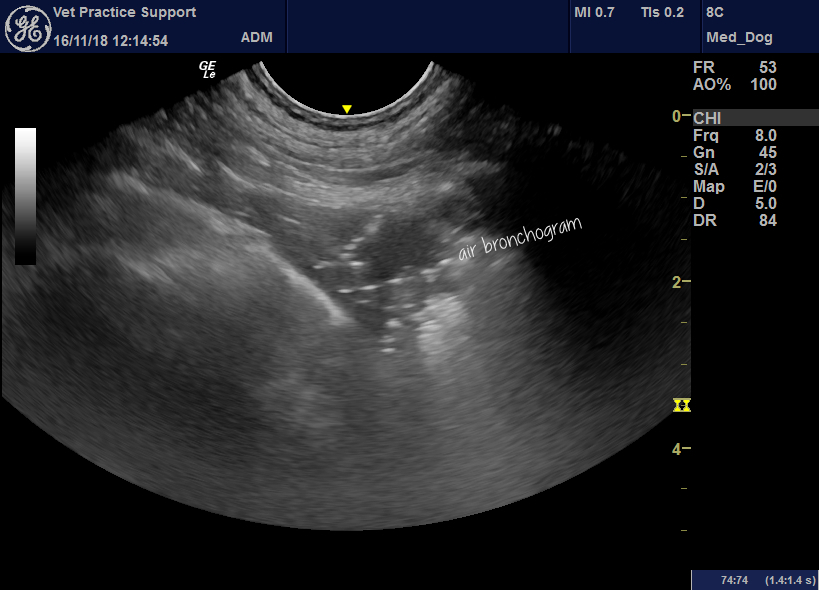Potential association between proton pump inhibitor (PPI) use and pneumonia in dogs
A putative link is reasonably well-documented in people:
PLoS One. 2015 Jun 4;10(6):e0128004. doi: 10.1371/journal.pone.0128004. eCollection 2015.
Risk of community-acquired pneumonia with outpatient proton-pump inhibitor therapy: a systematic review and meta-analysis.
Lambert AA1, Lam JO2, Paik JJ3, Ugarte-Gil C4, Drummond MB1, Crowell TA5.
https://www.ncbi.nlm.nih.gov/pmc/articles/PMC4456166/
‘Outpatient PPI use is associated with a 1.5-fold increased risk of community-acquired pneumonia, with the highest risk within the first 30 days after initiation of therapy. Providers should be aware of this risk when considering PPI use, especially in cases where alternative regimens may be available or the benefits of PPI use are uncertain’
Several pathogenic mechanisms have been proposed to explain the association between PPI use and incidence of pneumonia: decreased gastric acidity is associated with alteration of gut flora. Micro-aspiration of the altered gut flora is one hypothesized mechanism for the increased CAP risk observed in the setting of elevated gut pH. More recently, proton pumps have been localized to the upper and lower respiratory tract: suggesting that pH dysregulation may additionally alter respiratory flora directly.
The advent of routine lung ultrasound has lead to a step change in the incidence of diagnosed pneumonias amongst our patients generally. This may account for the fact that we are seeing pneumonia as an unexpected comorbidity in dogs treated with omeprazole. Or it may indeed be a causative association.







